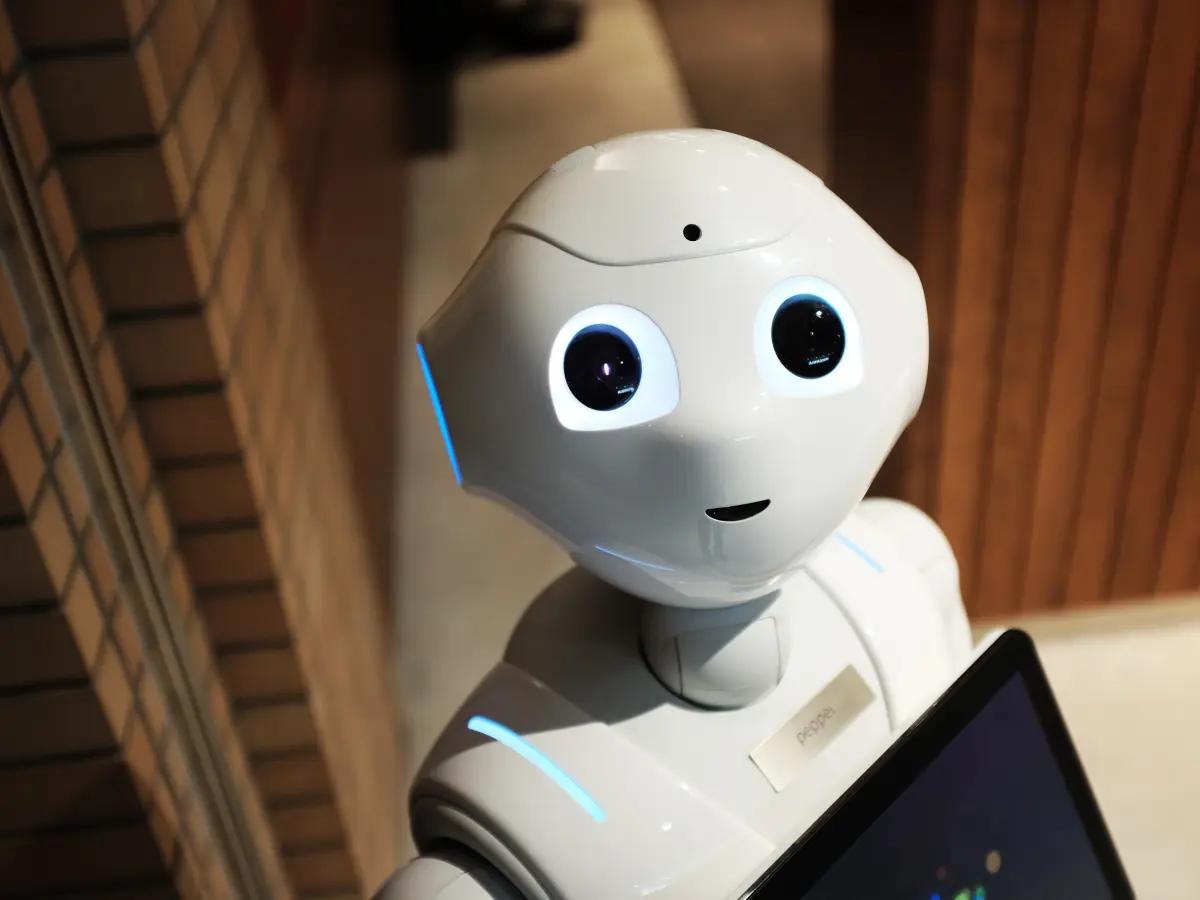A ‘Robot Nanny’ for the ‘Generation AI 2020’ and More: IEEE Report Highlights

A ‘Robot Nanny’, chatbot diagnosis, surgical robots, AI-powered nurses, 3D printed heart implants and VR visitation technology- no, they are not the props of some Ridley Scott movie. They are going to be more real than reel this time. Just exactly why we believe in KiddyPi, that learning robotics should begin now, and not to be left for under graduation days! The recently published IEEE report, 'Generation AI 2020: Health, Wellness and Technology in a Post-COVID World' adds weight to the same.
Top Highlights of the ReportNo ‘Baby’s Day Out’!
Indian Parents would Rather Adopt a Robot Nanny 🙂
As per the survey report, 79% of Indian parents said ‘yes’ to adopt a ‘robot nanny’ given a chance to do so. The current ‘work from home’ scenario has brought many new challenges in front of working parents. Juggling professional and personal responsibilities is like balancing a walk on a tightrope. A ‘robot nanny’ could make things much easier, hassle-free and cost-effective in the long run.
Worldwide, 66% of parents showed interest in using a ‘robot nanny to help their kids.
Chatbot Diagnoses and Robot Surgeons to Replace Human Doctors, Very Soon!
Vision, the android superhero of the blockbuster Marvel Cinematic Universe (MCU) movies, may be far-fetched, but robot surgeons may soon assist human superheroes, the doctors. 39% of the survey respondents in India showed a great faith in robot surgeons. Whereas in China, 63% of the survey respondents said that they may even allow robot surgeons to operate upon their children.
The rapidly advancing robotics engineering has painted a rosy picture in the minds of millennial parents which, however, demands more caution. Industrial robot manufacturers must follow more rigorous testing phases before introducing their cutting-edge technologies in the market.
Another AI-powered product that is AI-powered chat or voice bot with capabilities of medical diagnoses, is less riskier than a robot surgeon. Such chat and voice bots can support healthcare systems during medical emergencies like the current COVID situation. Globally, 64% of the survey respondents put their complete faith in consulting AI-powered chat and voice bots during medical emergencies of their children.
Don’t Take AI-Powered, Virtual Nurses, too Playfully!
I am afraid but you cannot do that either! AI-powered virtual monitoring devices in hospitals can expand nursing services throughout 24*7. Globally, 54% of parents agreed to allow virtual nurses replacing in-person, bedside monitoring. In India, the percentage of ‘yes’ sayers stood at 69%, 71% in China, and just 29% in the USA.
Super-Advanced 3D Printing may Revolutionize Heart Transplants!
The availability of donor organs becomes the deciding factor for life and death. In 2019, a group of researchers from Tel Aviv University successfully 3D-printed a heart out of a patient’s own cells. The IEEE conducted survey also revealed people’s growing confidence on futuristic medical technologies.
Globally, a whopping 63% of respondents put their confidence on meticulously tested and fully operational 3D-printed hearts. 38% of Indian parents agreed to allow such implants into their children, if needed.
Cannot Visit your Loved Ones in the Hospital? Visit them via VR!
Virtual Reality or VR visitations simulate real-time, in-person meetings. This technology has been widely used for arranging meetings between hospitalized COVID-19 patients and their family members. 85% of the global survey respondents have said ‘yes’ to this technology while 81% surveyed-Indians have said so.
Conclusion
The COVID emergency has stepped up research and innovations in AI, AR (Augmented Reality), VR and robotics engineering like many other fields. This is also the time to encourage children to go global and participate in the likes of Wonder League Robotics Competition, learn with fun, such as the students of KiddyPi do! Stay tuned for more information.
To know more,
Call/WhatsApp:
+91-98453-49742
+91-98457-22549
Or Email Us:
kiddypi@subhanu.comHave a great life!